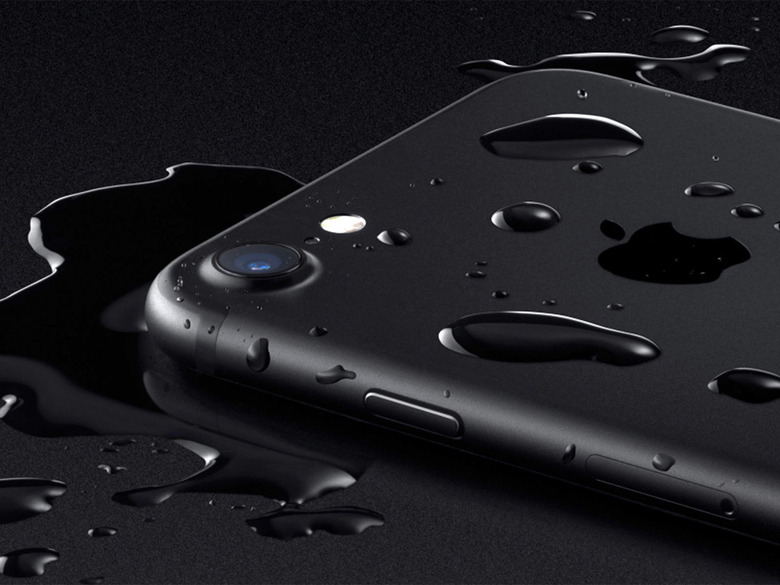Qualcomm Goes Nuclear, Seeks Total Ban On iPhone Imports
Qualcomm has ratcheted its legal war with Apple up way past 11. The chipmaker has asked the US International Trade Commission to ban imports of some iPhone and iPad models from the US, on the grounds that they violate six Qualcomm patents.
A related lawsuit was also filed in a California court Thursday seeking monetary damages, in addition to the import ban.
Qualcomm is specifically seeking a ban on an Apple products that use baseband modems — the chips that connect to cell networks — that are made by companies other than Qualcomm. In addition to seeking a ban on imports, Qualcomm is also seeking to immediately stop any retail sales or advertising of the infringing products.
Qualcomm has not confirmed exactly which models of iPhone would be affected, but assuming that any non-Qualcomm modem is excluded, iPhone 7 models for AT&T and T-Mobile (but not Verizon and Sprint) would be banned.
Apple has precedent with this kind of action. In 2013, it successfully won a ban from the ITC against certain Samsung smartphones over patent violations. Given the complexity involved in a patent case of this magnitude, an ITC investigation would likely be necessary, a process that takes months at the least.
But regardless of the timescale, this is a major escalation in a long-running legal battle between Apple and Qualcomm. At the heart of the matter are patents that Qualcomm holds, and the rates that it is willing to license them for. Qualcomm's patents are key to the manufacturing of any competitive flagship smartphone, but Apple contends that Qualcomm's licensing rates are exorbitant and not "fair" — something that would be in violation of trade law.
Apple and Qualcomm have both sued each other over the issue before, and Apple has even got to the point of instructing its overseas manufacturing partners to not pay royalties to Qualcomm while the issue is resolved.
Analysts have suggested that the legal battle could cause real problems for Apple's next generations of device. Qualcomm is easily the largest and most advanced manufacturer of baseband chips for mobile devices, and a breakdown in relations between the two companies could cause massive supply shortages for Apple. Reports have suggested that Apple is seeking other alternatives, but sourcing the necessary volume of components is something that takes years, not months.
